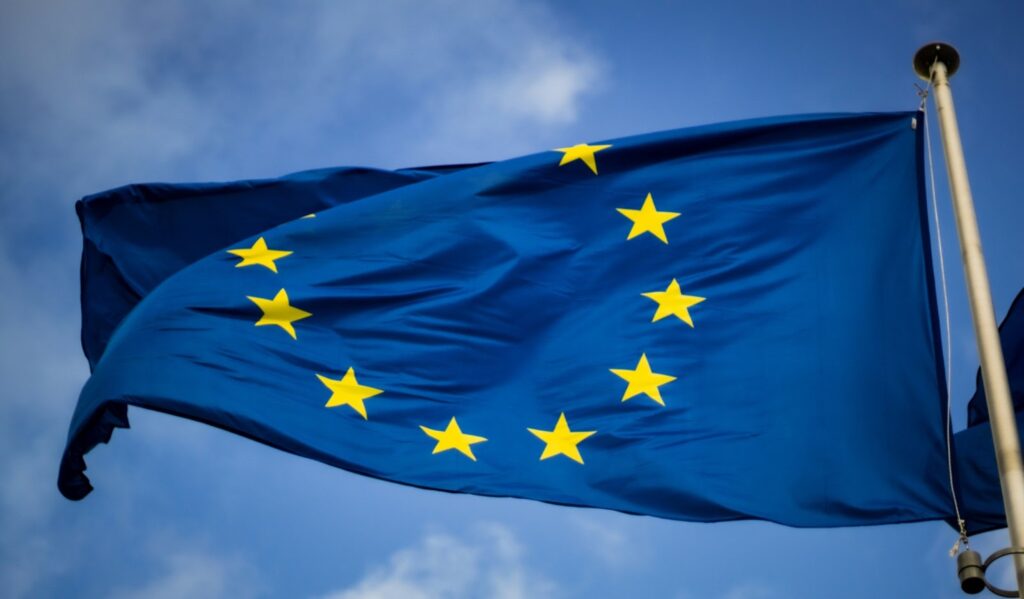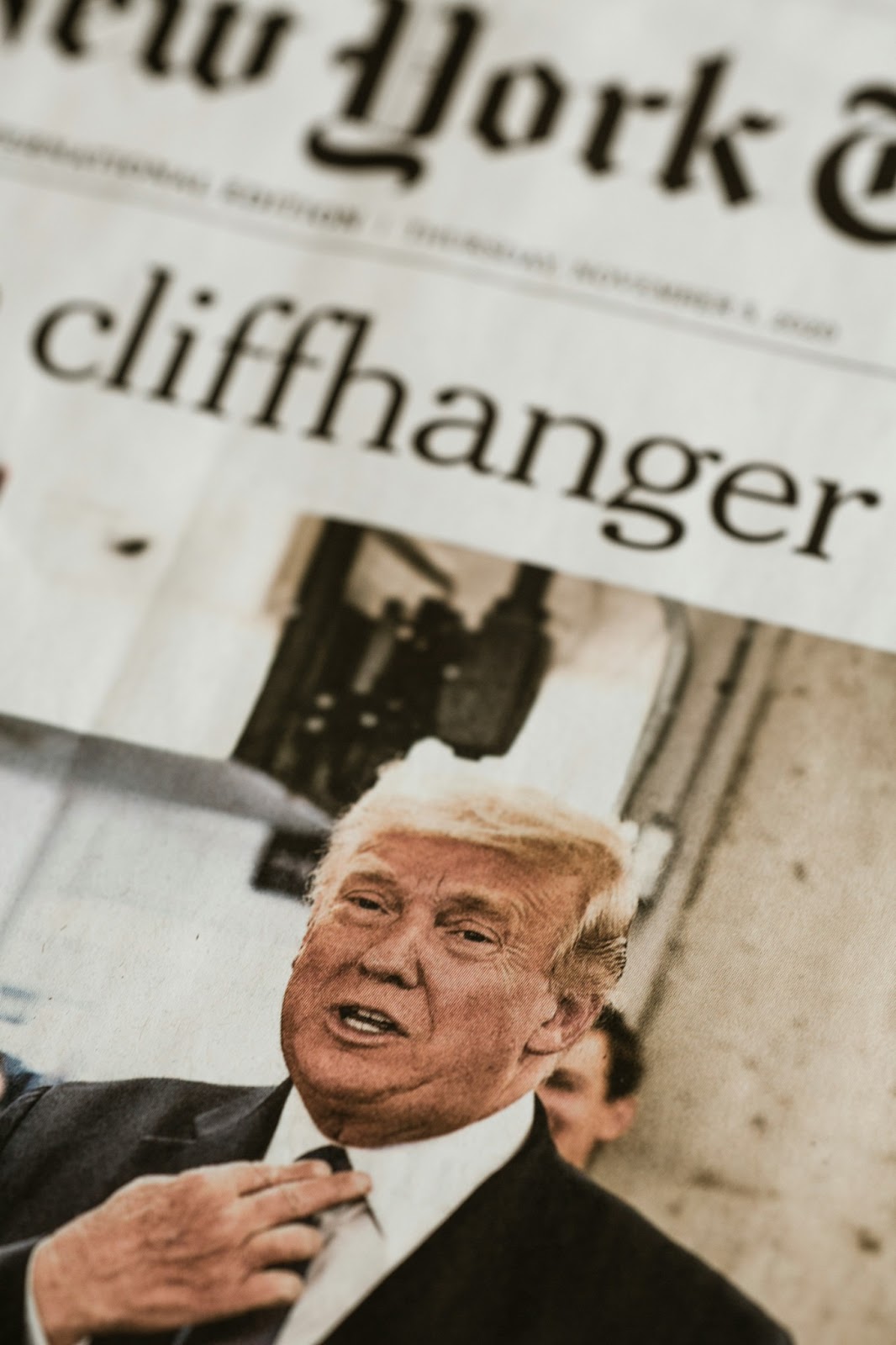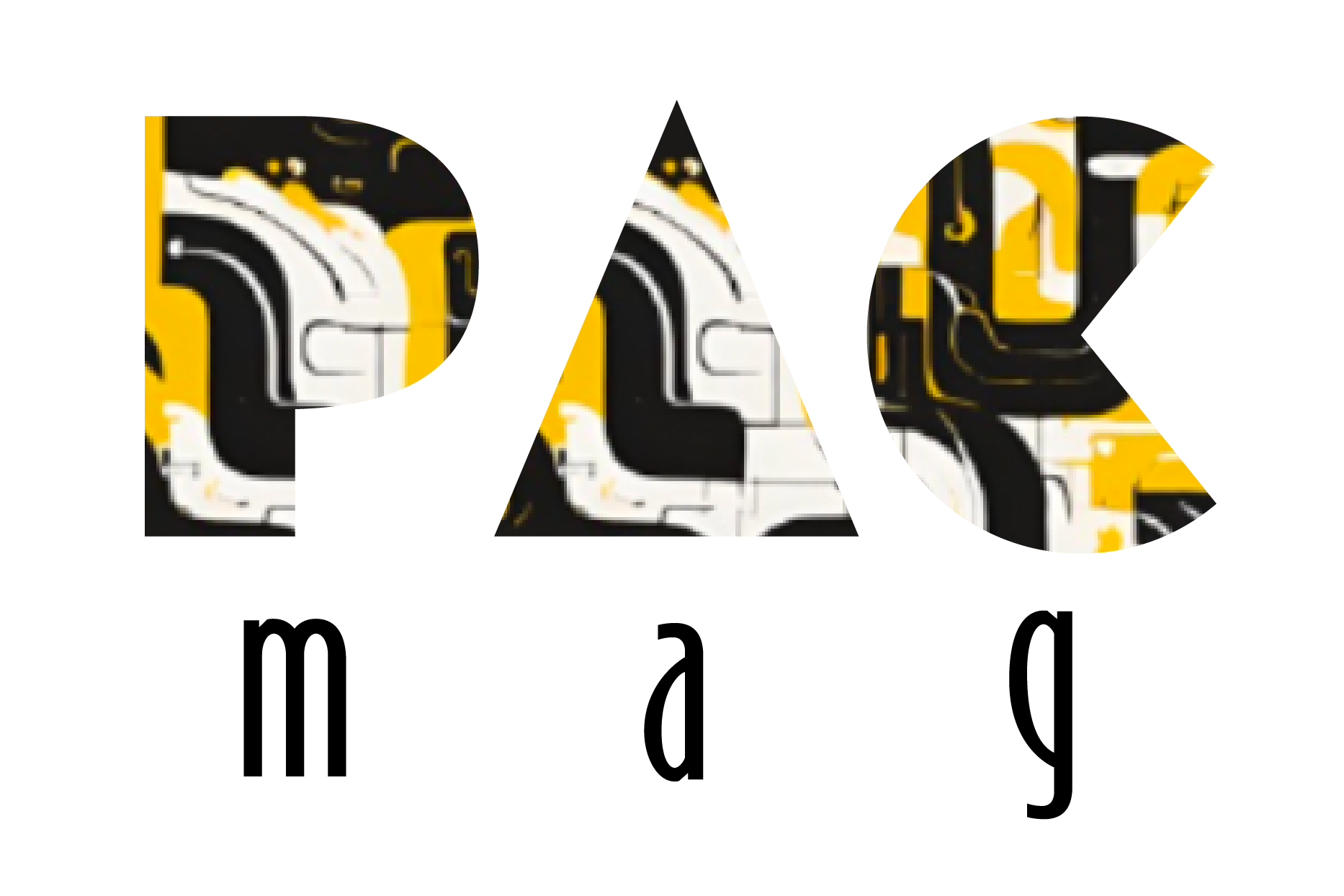
Martin Wolf is the chief economics commentator at the Financial Times and one of the most influential voices in global economic and political analysis. This Q&A builds on his recent article, How Europe Can Take Up America’s Mantle (March 11th, 2025).
You argue that Europe must take responsibility for its security. What are some examples of concrete steps that European leaders should take in the short term to reduce reliance on the US?
Wolf: In the short term, options are limited since defense capacity depends on past decisions. Most European countries heavily rely on US equipment and technology, which can’t be replaced overnight. The European Union (EU) could start purchasing weapons now, but there’s a risk the US might later restrict parts or maintenance. In the long run, this would require the creation of new capacity. Ideally, by cooperation among European countries with an attempt to create integrated forces and supplies. A model for this could be Airbus, which successfully unified European aerospace manufacturing.
How realistic is it for Europe to sustain military support for Ukraine if the US aid stops completely under the Trump administration?
Wolf: If only financial aid stops, Europe could still buy weaponry. Though at a higher cost—potentially €100 billion a year, which in the European economy as a whole is certainly affordable but remains a large sum. However, if the US also restricts arms sales, it would be much harder, as some crucial technologies are only available from America.

You highlight the challenge of European cohesion. Do you think an external threat like Russia could finally push European nations to overcome their divisions, or will it deepen existing fractures?
Wolf: Likely both. Three major challenges exist. First, for example, countries like Norway and Britain have different attitudes and interests to Russia. Some are more threatened than others. In the former parts of the Soviet Empire, some countries are pro-Putin – like Hungary and Slovakia – and others like Poland and the Baltics are anti-Russia. The second problem is that there are many countries and to reach agreements, there needs to be a new coalition of the winning, possibly within NATO, to form a council and a military. However, the EU does not have the capacity to create strategic policy with the mechanisms it has available. It would be too slow to form a political union in a real sense. The third problem is the resources that are available to countries and their capacities to operate militarily at a high level. If the EU feels multiple countries are threatened enough, they may be able to turn these obstacles but we cannot understate the immense challenges involved.
You warn that liberal democracy might founder altogether, and you compare today’s era to the 1930s. Are you optimistic or pessimistic about Europe’s ability to respond effectively to these challenges?Wolf: It varies day by day. The 1930s saw nations moving towards war. The Axis’ powers were well armed and determined, but their resources on the side of freedom and democracy were substantial only once the US got involved. Winston Churchill reflected on the attack on Pearl Harbor in December 1941: “I went to bed and slept the sleep of the saved and thankful”, thanking America’s powerful nation. Today, if America continues in the direction it is going, Europe will be outnumbered. Japan, South Korea, Australia and New-Zealand are allies, but small compared to China, Russia and possibly America. The US’ future is uncertain. There is hope it won’t fully descend into authoritarianism, but the risks are real. The objective situation seems very worrying but there is a possibility that the Americans will pull themselves together and not go down into this darkness completely. Optimism and pessimism coexist.
